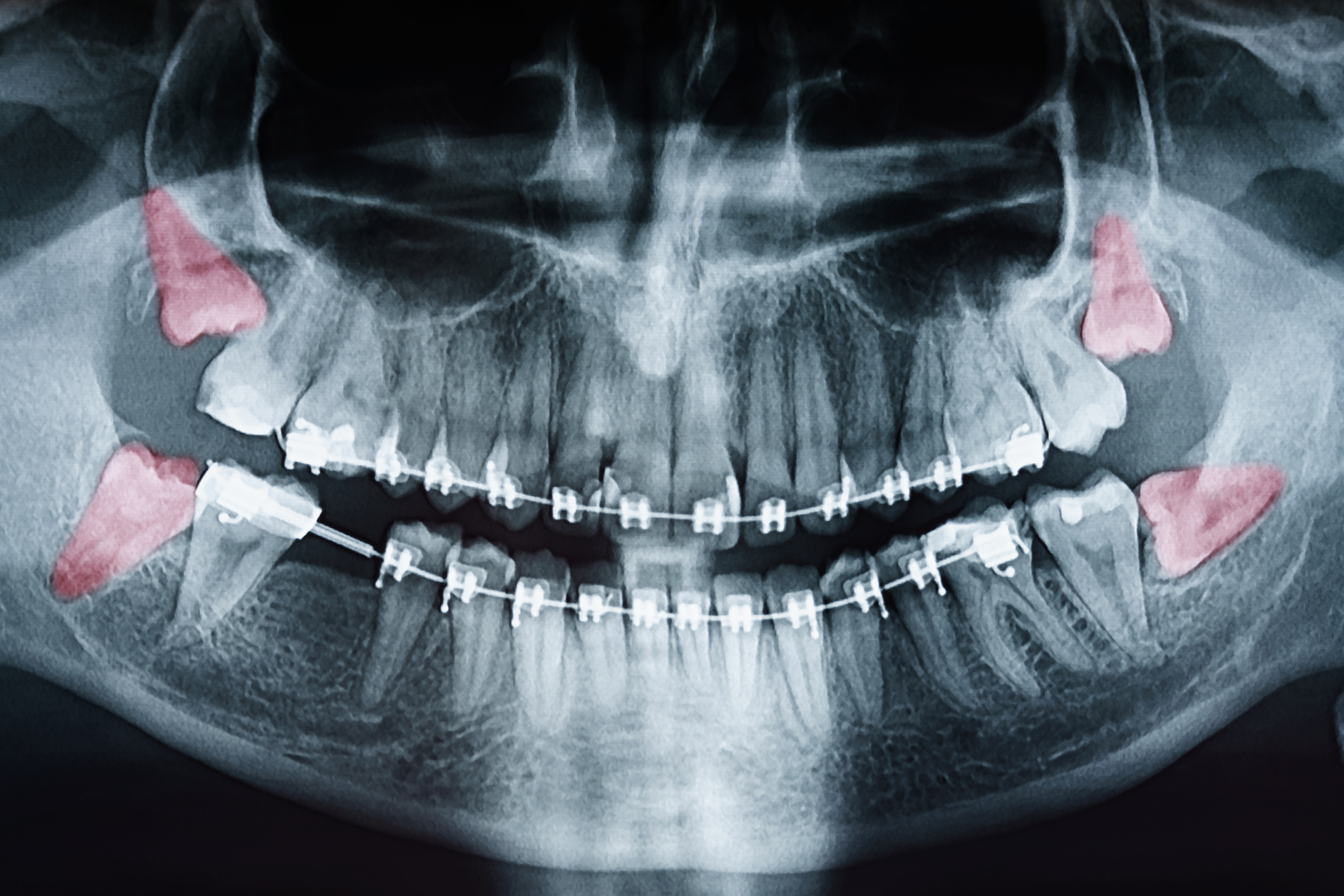About 13% of children and 26% of adults have untreated cavities. If you’re worried you have a cavity, it’s important to take action right away. Otherwise, an untreated cavity could cause pain.
You might need extensive treatment as well.
Thankfully, there are a few tips and tricks you can use at home before your dental appointment. These tips from your Mississauga dentist can help minimize your symptoms. The sooner you seek care, the more likely you can reverse the earliest stages of tooth decay.
You could even prevent its progression.
Keep reading to learn everything you need to know about how to treat cavities today!
Cavity Formation
About 3.5 billion people are suffering from oral disease. In fact, untreated dental caries in permanent teeth is one of the most common health conditions.
Before you learn how to treat cavities, it helps to learn more about them.
Cavities are damaged areas on the surface of your teeth. Small holes or openings of your teeth could form as a result.
Cavities form due to:
- Bacteria in your mouth
- Sugary drinks
- Frequent snacking
- Failing to clean your teeth properly
Anyone can develop a cavity, from infants to seniors.
When left untreated, the holes in your teeth can grow larger. You could experience tooth loss, infections, or severe toothaches as a result.
Before you visit your Mississauga dentist, it helps to learn how to recognize you have a cavity.
Common signs and symptoms include:
- Toothaches (including spontaneous pain)
- Tooth sensitivity
- Brown, white, or black staining on the surface of a tooth
- Pain when you bite or chew
- Mild to sharp pain when eating or drinking something hot or cold
- Visible holes or pits in your teeth
These symptoms can vary depending on the tooth’s location and the severity of your tooth decay. When a cavity first forms, you might not experience symptoms. As the decay progresses, you could begin experiencing these signs of decay.
You might experience complications if you don’t seek Mississauga dental care. Potential complications can include:
- Pain
- Tooth abscess
- Damage or broken teeth
- Issues chewing
- A shift in the positioning of your teeth
- Pus or swelling
- Tooth loss
- Weight loss or nutritional issues
- Pain that interferes with your life
It’s important to visit your dentist in Mississauga before the decay can spread.
Causes
Cavities form as a result of tooth decay.
First, plaque will form against the surface of your teeth. Plaque is a clear, sticky film that develops as you eat starch and sugar. When the sugar isn’t cleared away, bacteria feed on it, forming plaque.
Over time, plaque can harden into tartar. You’ll need to visit your Mississauga dentist to have tartar removed from your teeth.
Otherwise, the acid in plaque can start removing minerals from your tooth’s outer shell, or enamel. As the enamel wears away, bacteria can reach the next layer of your teeth. This layer is called dentin.
The dentin will soften, making it less resistant to acid. You’ll begin experiencing pain and sensitivity as a result.
As the decay continues to spread, the bacteria and acid will continue to your tooth’s pulp. The pulp contains blood vessels and nerves. It can become swollen and irritated as the bacteria continue causing destruction.
The nerve will become pressed, leading to pain and discomfort.
You should visit your dentist in Mississauga if you begin experiencing pain or a toothache.
Types of Cavities
You could develop three different types of cavities. Your Mississauaga dentist can use an X-ray to determine what type of cavity you have.
One common type of cavity is root decay. Root decay is common in older adults. You’re more likely to develop root decay if you have receding gums.
You could develop pit and fissure decay as well.
This type of decay develops on the chewing surface of your back teeth. You can prevent this type of decay with proper oral care. However, this could develop if you’re inconsistent with your oral hygiene.
The final type of decay is smooth surface decay. This type of decay occurs on the outside flat surface of your teeth. It can develop when you fail to remove bacteria and plaque from your teeth.
Smooth surface decay is the least serious type of decay. You can treat this type of decay with fluoride.
Types of Treatment
Your dentist will help you determine which course of treatment is best for your cavity. The type of treatment they recommend can vary based on the location and severity of your cavity. Here are a few potential treatment options you can discuss with your Mississauga dentist.
Fluoride
If your cavity has only just started developing, your dentist might recommend a fluoride treatment. Fluoride could help restore your tooth’s enamel. It might help reverse a cavity that’s still in the early stages, too.
Crowns
If you have a severely infected tooth, your dentist might recommend a crown. Dental crowns are ideal if too much of the tooth’s structure is lost.
In some cases, a severely infected tooth will require a large filling. Unfortunately, this can make your tooth vulnerable to breaking. An alloy or porcelain crown could save what’s left of the tooth instead.
Root Canals
More than 15 million root canals are performed every year. Your dentist in Mississauga might recommend a root canal for cavities that damaged tooth nerves.
In some cases, the damage is too deep for a dentist to treat it using a crown. If the decay progresses through the enamel, it can reach the dentin. Decay could damage the nerves in your tooth root as a result.
A root canal can address the problem. Your dentist can remove the damaged nerve and the surrounding blood vessel tissue. Then, they’ll fill the area with endodontic sealant.
Your dentist might place a crown over the affected tooth after completing your root canal as well.
Extraction
As a last resort, your dentist might recommend extracting your tooth.
This treatment option is ideal if there’s a chance the infection could spread to the jaw bone.
Fillings
Fillings are also called restorations. They’re the main treatment option if tooth decay has progressed beyond the earliest stages.
Your dentist can choose from various materials for your filling.
Home Remedies
Before visiting an emergency dentist Mississauga residents trust, there are a few steps you can take to minimize your tooth decay. Here are a few home remedies you can use before seeking Mississauga dental care.
Vitamin D
Vitamin D helps your body absorb phosphate and calcium from the foods you eat. Studies indicate an inverse relationship between eating foods with vitamin D and cavities in young children. Eating foods that are high in vitamin D and calcium could benefit your oral health.
Not having enough vitamin D in your diet could make you more susceptible to cavities. Other risk factors include:
- Dry mouth
- Having a medical condition that reduces the amount of saliva in your mouth
- Heartburn
- Inadequate oral care
- Bedtime infant feeding
- Frequently snacking on sugary foods and beverages
- Eating food that clings to the surface of your teeth
You can also take vitamin D supplements if you’re not getting enough from your diet.
Sugar-Free Gum
Consider chewing sugar-free gum before you eat meals. Sugar-free gum might help remineralize your tooth enamel. Look for gum that contains xylitol.
Xylitol could help stimulate saliva flow. It might help reduce S. mutans and raise the pH of plaque as well.
However, more research is needed to explore this further.
Fluoride Toothpaste
Remember, your dentist in Mississauga might recommend fluoride treatment to treat a cavity. Consider using toothpaste that includes fluoride as part of your preventative care.
Brushing your teeth with fluoride toothpaste could help prevent future cavities.
Adjust Your Diet
If you’ve developed a cavity, it’s important to minimize future problems as well. You can prevent future cavity development by adjusting your diet. For starters, try to cut out sugary foods from your diet.
Eating sugary is one of the biggest risk factors associated with cavity formation.
Before Treatment
Take the time to prepare for your appointment with your Mississauga dentist. For example, you should make a list of:
- Questions you want to ask your dentist
- Medications, herbal remedies, vitamins, and other supplements you’re taking (along with their dosages)
- Allergies to medications you have
When developing a list of questions to ask your dentist, consider asking:
- How many visits will it take to treat my cavity?
- When will the pain subside?
- Do I have a simple cavity (or will I need a root canal)?
- How long should I wait after the procedure to eat or drink?
- What can I take for the pain?
- What else can I do to prevent cavities in the future?
Don’t hesitate to schedule an appointment with an emergency dentist Mississauga residents trust. They’ll help minimize potential damage and pain.
In the meantime, make sure to schedule routine checkups with your dentist. They can spot the early signs of decay and help prevent tooth loss.
Treating Dental Cavities: Helpful Advice From Your Mississauga Dentist
If you think you have a cavity, it’s important to take action right away. While waiting for an appointment with your Mississauga dentist, keep these tips in mind. Using these tips can help ease your pain and minimize additional damage.
You’ll have a higher chance of reversing the effects of tooth decay as a result.
Need to schedule an appointment with a dentist in Mississauga right away? We’re here to help.
Fill out our new patient forms today to get started.




